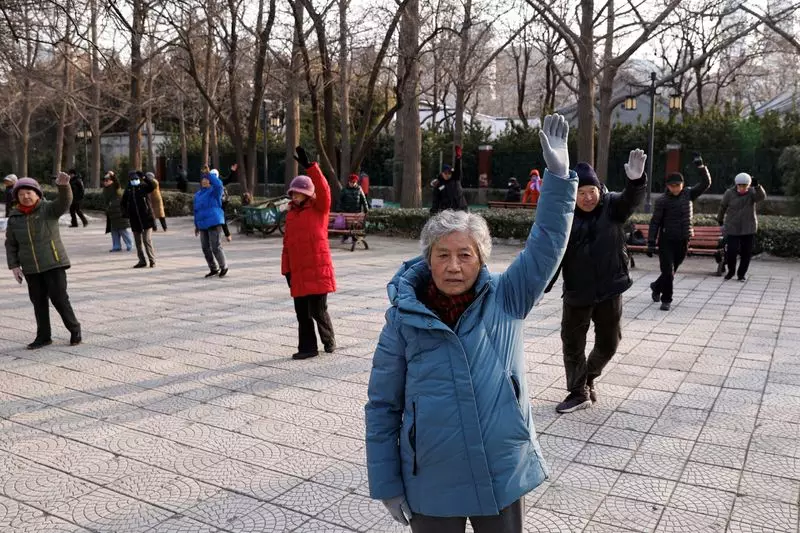China’s policymakers recently discussed an official plan to delay the country’s retirement age, which is among the lowest in the world. The proposal, aimed at addressing the shrinking working population, was assessed at the 11th meeting of China’s Standing Committee in Beijing. The retirement age in China is currently 60 for men, significantly lower than that in most developed economies. For women in white-collar jobs, the retirement age is 55, and for those in factories, it is 50.
The Urgency of Reform
With life expectancy in China steadily increasing, reaching 78 years by 2021 and projected to exceed 80 years by 2050, the need for retirement age reform is urgent. The Chinese Academy of Labour and Social Sciences Director, Mo Rong, stated that adapting to the new normal of population development is inevitable. China’s population has been on a decline for two consecutive years, leading to a rapidly aging population. National health authorities predict that the number of individuals aged 60 and older will surpass 400 million by 2035, equivalent to the current populations of both Britain and the United States combined.
The Strain on the Pension System
As the number of retirees increases, the burden on the pension system grows significantly. Currently, each Chinese retiree is supported by the contributions of five workers, a drastic decrease from a decade ago. This ratio is expected to further decline to 4-to-1 by 2030 and 2-to-1 by 2050. Furthermore, eleven of China’s 31 provincial-level jurisdictions are experiencing deficits in their pension budgets, according to data from the finance ministry. The state-run Chinese Academy of Sciences has even projected that the pension system could run out of funds by 2035.
China is facing a looming retirement crisis due to its low retirement age and rapidly aging population. The government’s contemplation of delaying the retirement age is a step in the right direction to mitigate the strain on the pension system. However, more comprehensive reforms and strategies are needed to ensure the long-term sustainability of the pension system in the face of a shrinking workforce and increasing number of retirees. It is crucial for China to address these challenges promptly to prevent a financial catastrophe in the future.

